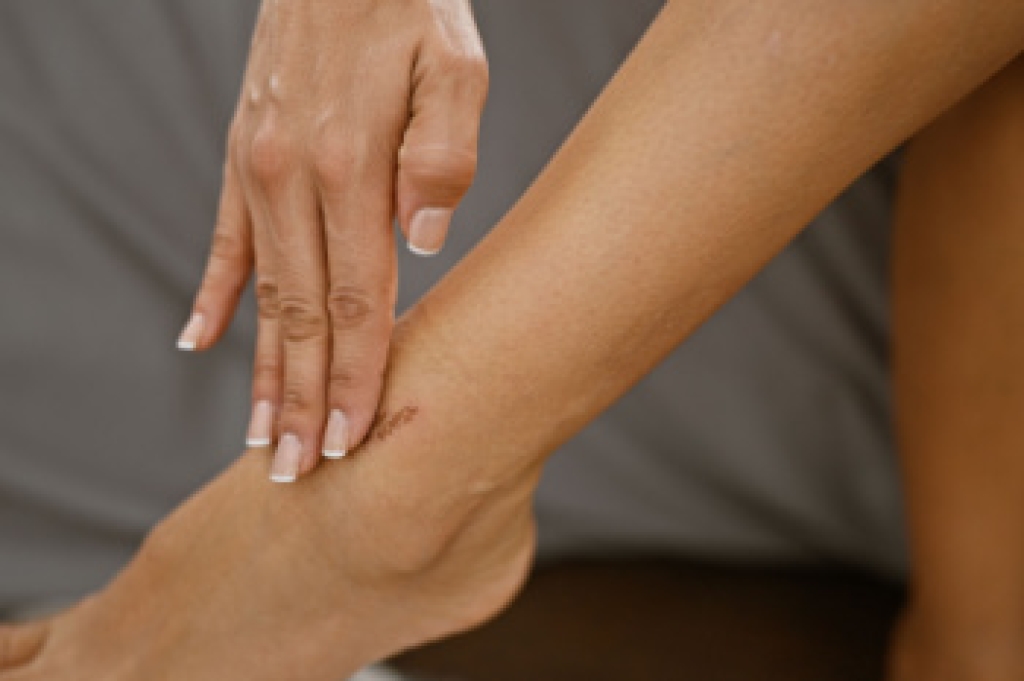
For individuals managing diabetes, a foot wound is not just a minor injury, it represents a serious health risk. Elevated blood sugar over time can damage nerves, called neuropathy, and cause a dulling sensation so a small cut or blister goes unnoticed. Additionally, poor circulation, known as peripheral artery disease, slows healing, turning a simple wound into a chronic, non-healing ulcer that puts you at high risk for infection and potential limb loss. A podiatrist's role involves an important risk assessment to determine your level of vulnerability. This comprehensive exam includes checking for nerve function using specialized tools, assessing blood flow through palpation and Doppler studies, and evaluating any structural deformities that cause pressure points. This detailed information allows us to implement a targeted prevention and treatment plan, which is essential to safeguarding your mobility and overall health. Do not wait for a problem to appear. If you have diabetes and notice any changes to your feet, skin, or nail condition, it is suggested that you promptly schedule an appointment with a podiatrist for an exam and appropriate treatment.
Wound care is an important part in dealing with diabetes. If you have diabetes and a foot wound or would like more information about wound care for diabetics, consult with one of our podiatrists from Family Foot Health Center. Our doctors will assess your condition and provide you with quality foot and ankle treatment.
What Is Wound Care?
Wound care is the practice of taking proper care of a wound. This can range from the smallest to the largest of wounds. While everyone can benefit from proper wound care, it is much more important for diabetics. Diabetics often suffer from poor blood circulation which causes wounds to heal much slower than they would in a non-diabetic.
What Is the Importance of Wound Care?
While it may not seem apparent with small ulcers on the foot, for diabetics, any size ulcer can become infected. Diabetics often also suffer from neuropathy, or nerve loss. This means they might not even feel when they have an ulcer on their foot. If the wound becomes severely infected, amputation may be necessary. Therefore, it is of the upmost importance to properly care for any and all foot wounds.
How to Care for Wounds
The best way to care for foot wounds is to prevent them. For diabetics, this means daily inspections of the feet for any signs of abnormalities or ulcers. It is also recommended to see a podiatrist several times a year for a foot inspection. If you do have an ulcer, run the wound under water to clear dirt from the wound; then apply antibiotic ointment to the wound and cover with a bandage. Bandages should be changed daily and keeping pressure off the wound is smart. It is advised to see a podiatrist, who can keep an eye on it.
If you have any questions please contact our office located in Rogers and Berryville, AR . We offer the newest diagnostic and treatment technologies for all your foot and ankle needs.
